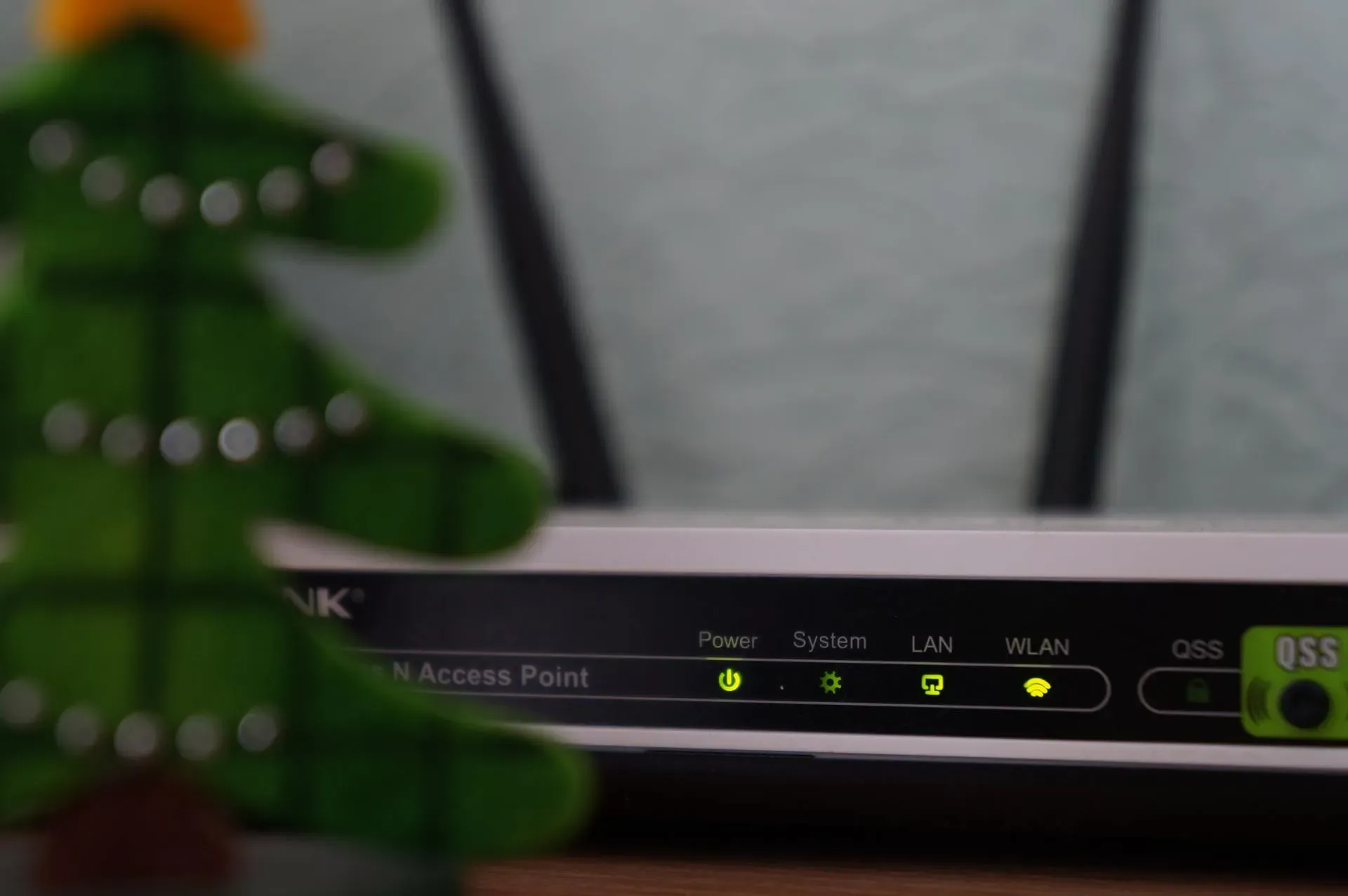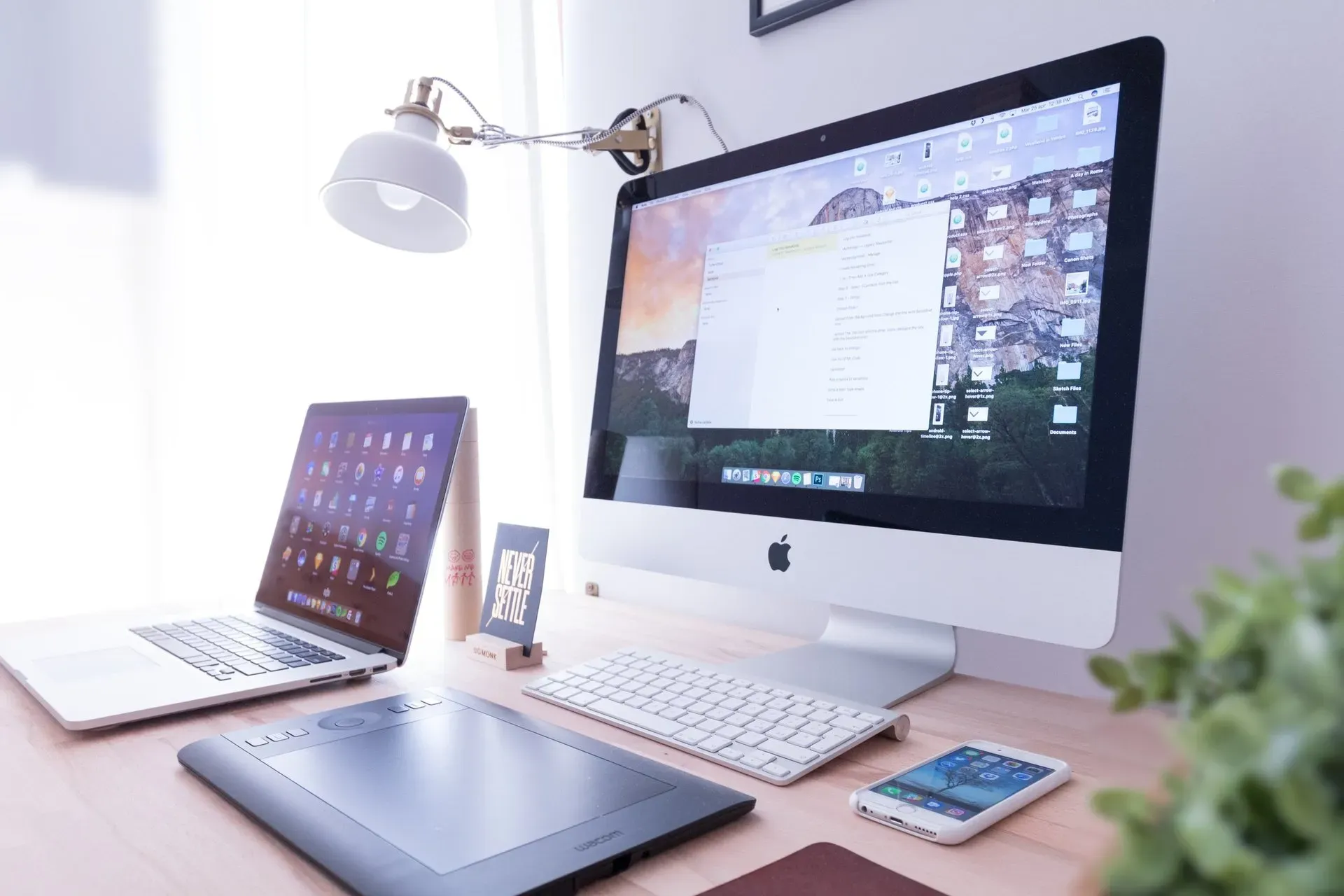Travel Guide for Internet
I get the occasional customer who contacts me about what to do when overseas about their data, phone and security. Check with Telstra or whoever your mobile phone plan is with. A short trip say less than a month, it is probably easier to get an overseas roaming option.
A phone that can be used for your travels and download tickets, transfer money and so on is safe to use provided you just take the basic steps to secure it.
The first priority is that all phones, tablets and computers are protected by PIN or password. If an item is stolen then it is probably of limited use to that person. A laptop is more vulnerable than a phone or tablet as most data is not encrypted. You will find most Microsoft business Surface and other products have Microsoft Bitlocker encryption enabled but if you just have an average laptop then no it won't be encrypted.
If your phone supports two SIM cards then you may be able to switch between your Australian SIM and the overseas SIM with a different number.
It is important to have key passwords to hand for your email, security programs and banking. These can be kept by password managers, in encrypted spreadsheets and so on or just discretely kept written down somewhere safe. It is very important to secure your phone properly as well, all the security in the world won’t help if anyone can steal and use your phone.
An issue with Android phones is often people have a version of Android that is years old and not up to date which increases security risks. It is possible some quite old Apple phones may also not be up to date but it is less common. Android and Apple phones have good security but Apple have the lead here as their software is carefully guarded and they prioritise security and privacy. It isn't that Android don't regard security as important but it conflicts with monetisation of your information, whereas Apple make money from the app store and other subscriptions.
The alternative for longer visits is obviously a SIM card, so it pays to get one that covers all the countries you wish to visit, and it goes in your phone. The phone can then be used as a hotspot to connect to a laptop or tablet. You may wish to get a portable modem that contains a SIM card so that you can then connect your phone, tablet or computer to this. This is then independent of your phone and can be plugged into the wall much like your home modem.
This leads to the question of public Wi-Fi. Public Wi-Fi is often terrible in speed and quality and really is a last resort in many cases, although some can be good. Security issues may also be present on some poorly maintained and poorly secured connections. Hotel Wi-Fi is hit and miss I find and can be slow, with limited download. Larger hotel chains overseas may offer good and secure internet. It is up to you to assess this. Security these days on most phones is quite good fortunately but it still pays to be careful what WiFi you connect to.
If you look at security software for phones, it is mostly made for Android phones.. The consensus on Security for Android, is generally not to bother but some people don’t agree, and I think if you are concerned then get paid Security. The reason for not getting it is, most risks can be avoided if you are careful. Most companies offering computer security will have products for mobile phones also.
VPN (virtual private network) secures your internet traffic. VPN software such as NordVPN will allow you uncensored internet if you are in a country that does censor the internet. It also completely encrypts all network traffic providing additional safety. It could be a good idea while using public Wi-Fi. These can be bought directly from a phone app store or via your web browser and account with Norton or whoever and then the apps downloaded on the phone and linked to your account. You can also run these products on your laptop. I think some people might find VPN just too complicated and a nuisance to use.
I don’t recall any of my customers getting scammed via their phone or computers while overseas, but additional security may give peace of mind and will further reduce your risk. You still need to be cautious and the same considerations apply whether overseas or not.
I think another overlooked factor is 2 factor authentication (2FA). 2FA ensures that no one can access a protected email or say set up a new phone or tablet using your Apple, Microsoft or Google account (and others). A similar thing can be done with Facebook where each new log-in on Facebook requires a code from a trusted already logged in Facebook device or web browser.
2FA makes it almost impossible for people to then hack your phone or accounts (but make sure you have secure passwords, not too complex but not too simple either). 2FA does make up for the way people often re-use passwords. This isn't a good idea but nobody can get into a 2FA secured account with just a password.
Google and Microsoft also have authenticator apps available for your phone or tablet which provide easily accessible codes for you. These authenticators are quite easy to use and can be used to get access to some accounts without having to recall the password. Email such as gmail, hotmail, outlook and yahoo are all online email systems are more useful and easier to use overseas than your local email accounts from Telstra and other providers.
You might want to consider also leaving a list of passwords and relevant information with a friend or family member who is contactable if needed.
It can be helpful to let your bank and credit card companies know where you are going and when so you don't accidentally get blocked.
Another bit of advice is just never hand your credit card to anybody overseas. It is less necessary now with tap to pay but don't get caught out, bad guys can easily remember your details and will almost immediately start misusing your card. Digital wallets offered by Google and Apple Watches are very safe and quick to use.
If anyone can make other suggestions here it would be appreciated. I want to update this time to time.
Happy travelling.










